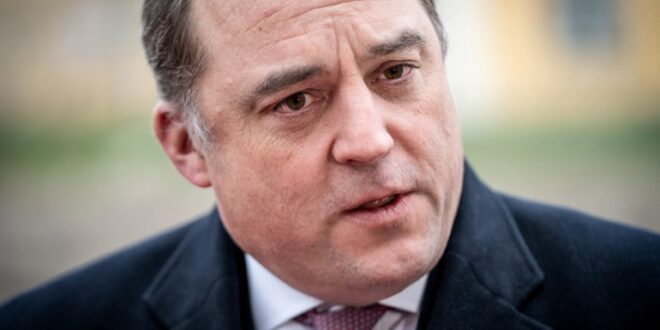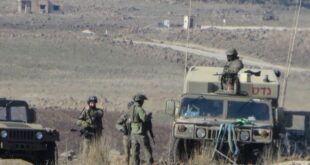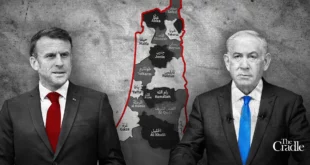Moves come as Russia denies US claims that is looking for a pretext to invade Ukraine.
The United Kingdom has begun supplying Ukraine with anti-tank weapons and Canada has reportedly deployed a small contingent of special forces to Kyiv amid concerns of a possible invasion by Russia.
The developments came as Russian Foreign Minister Sergey Lavrov angrily rejected claims by the United States last week that Moscow was preparing a pretext to invade Ukraine if diplomacy failed to meet its objectives.
While Moscow – which has deployed 100,000 troops near its border with Ukraine – denies plans for an attack against Ukraine, it has said it could take unspecified military action unless the West agrees to a list of demands, including banning Kyiv from ever joining NATO.
Russia views NATO’s expansion eastwards as an existential threat.
But Washington and its allies have firmly rejected Moscow’s demands and Russia-US negotiations in Geneva and a related NATO-Russia meeting in Brussels ended last week without a breakthrough.
Kyiv has since asked Western countries for arms to help it protect itself.
Speaking in the British parliament on Monday, Defence Secretary Ben Wallace said the UK had “taken the decision to supply Ukraine with light anti-armour defensive weapon systems”.
The first weaponry was delivered on Monday and a small number of British personnel would provide training for a short period of time, he said, without specifying the number and type of weapons that were being sent.
But he added, “They are not strategic weapons and pose no threat to Russia. They are to use in self-defence.
“These are short-range …. but nevertheless it would make people pause and think what they were doing and if tanks were to roll into Ukraine, invade it, then they would be part of the defence mechanism.”
In a separate article published on Monday, Wallace also addressed Russian claims of threats from NATO, saying the Western security alliance is “to its core, defensive”.
“Former Soviet states have not been expanded ‘into’ by NATO, but joined at their own request,” he wrote. “The Kremlin attempts to present NATO as a Western plot to encroach upon its territory, but in reality, the growth in Alliance membership is the natural response of those states to its own malign activities and threats.”
In Kyiv, Ukraine’s Defence Minister Oleksii Reznikov welcomed the UK’s support, saying in a Twitter post that his country “highly appreciates Britain’s decision to provide a new security package with light, anti-armour, defensive weapon systems!”
Ukrainian officials have warned that Russia could launch an attack on their country from various directions, including from the territory of its ally Belarus. Russian and Belarusian troops are planning to hold large-scale military drills next month, including near Belarus’s border with Ukraine.
Belarus Security Council Secretary Alexander Volfovich said on Monday that Russian troops had started arriving in the country for the exercise, according to the BELTA news agency.
In addition to denying having plans to attack its neighbour, Russia has instead accused the Ukrainian leadership of hatching plans to use force to reclaim control of the Russian-backed rebel-held territories in eastern Ukraine. Ukrainian authorities have denied the claim.
Separately in Canada, Global News reported that Ottawa had dispatched special forces operators to Ukraine.
Citing unspecified sources, the TV broadcaster said the unit will identify ways to assist the Ukrainian government and help develop evacuation plans for Canadian diplomatic personnel in the event of a full-scale invasion.
A spokesperson for the Canadian Special Operations Forces Command said it could not confirm the report, but said it has supported the Ukrainian security forces on a periodic basis to provide training and “instructor and leadership expertise” since 2020.
The report came as Canadian Foreign Minister Melanie Joly met Ukrainian Prime Minister Denys Shmygal in Kyiv on Monday during a visit aimed at discussing efforts to deter “aggressive actions” by Russia.
Russia took control of Crimea in 2014.
 Eurasia Press & News
Eurasia Press & News



